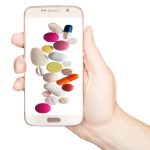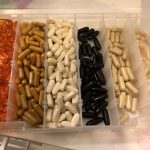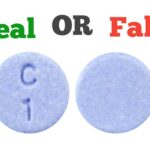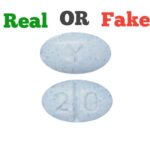Can Pill Identifiers Help You Spot Fake Drugs?
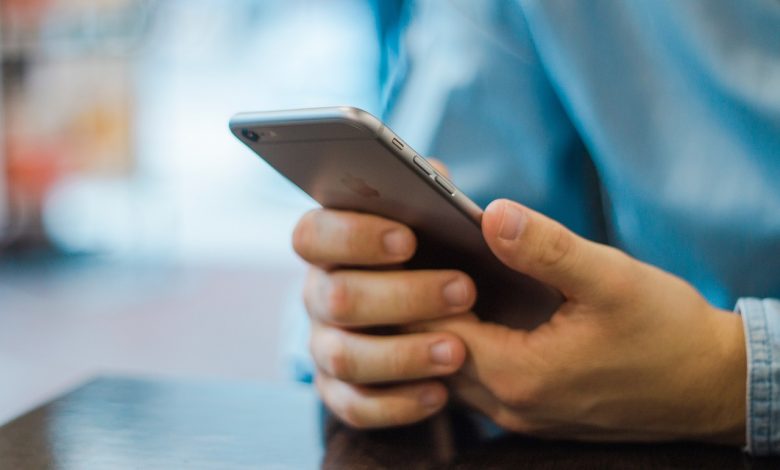
Counterfeit medicine and health products are sold worldwide, they are defined as products deliberately and fraudulently produced and or mislabeled with respect to identity and or source to make it appear to be a genuine product. Counterfeit medications include drugs that contain no active pharmaceutical ingredient (API), an incorrect amount of API, an inferior-quality API, a wrong API, contaminants, or repackaged expired products. Some counterfeit medications may even be incorrectly formulated and produced in substandard conditions.
It’s hard to spot counterfeit drugs. Sometimes, counterfeit drugs differ in size, shape, or color, or are sold in poor-quality packaging, but they often appear identical to the real thing.
What are pill identifiers?
A pill identifier refers to an App, software, platform, or tool that identifies pills, capsules, or other medications using its imprints, chemical composition, a word, number, letter, symbol, color, shape, or any combination of those to identify it.
When you are having trouble identifying prescription, OTC, generic, and brand name pills and capsules these apps, software, or platforms can quickly help you identify drugs and medications, and in most cases, they provide pill identifying pictures for you to review and help you make a proper match. Sometimes they also provide additional useful information such as dosage, drug interactions, uses, and warnings to enable you to make informed decisions about medications.
There are several pill identifiers ranging from drugs.com, CVS Pharmacy Pill Identifier, ID My Pill, iPharmacy, Prescription Pill Finder, and Pill Identifier.
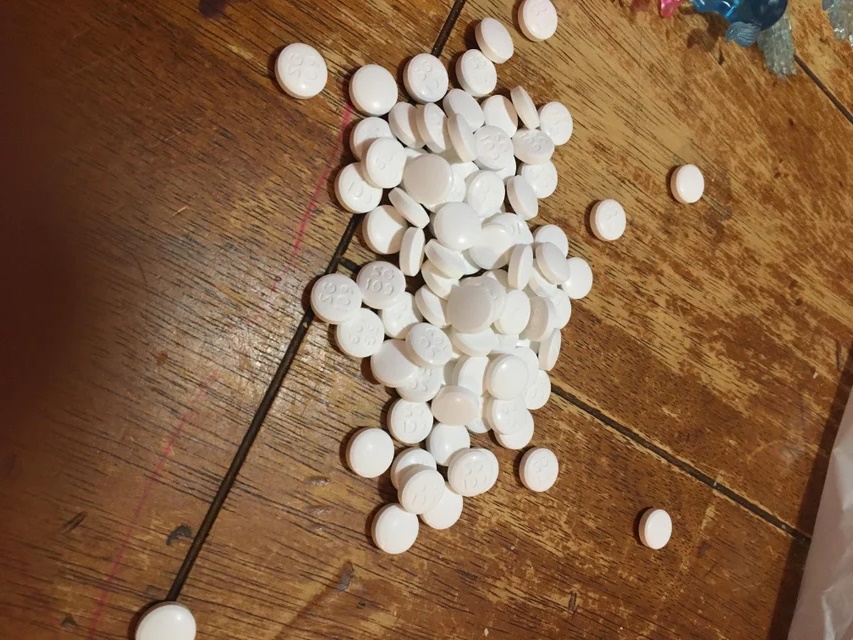
Can pill identifiers help you spot fake drugs?
No, pill identifiers cannot help you spot fake drugs because they are not designed to compare fake and real pills. They basically help you identify prescription, OTC, generic, and brand-name drugs by pill color, size, shape, and drug imprint.
Most fake drugs come with similar imprints and codes as the real pills. When such codes and colors are entered into a pill identifier, it will return them as genuine even though they are counterfeit pills. Identifying fake drugs is tricky, you can learn how to spot them in this article How to Identify Fake Drugs.
Outside the United States, many pills do not have imprints or codes to identify them. If an emergency occurs and you must buy medicines while traveling, take the following steps to reduce your chances of buying counterfeit drugs:
- Only buy medicines from licensed pharmacies and ask for a receipt. Do not buy medicines from open markets.
- Ask the pharmacist whether the drug has the same ingredients as your current medicine. If possible, bring your medicine with you to the pharmacy.
- Make sure that the medicine is in its original packaging.
- Look closely at the packaging. Poor-quality printing or packaging can be a sign of a counterfeit product.
- If you buy drugs online, visit Buying Prescription Medicines Online: A Consumer Safety Guide to learn how to buy safely.
The impact of fake drugs
Some years ago, a counterfeit version of the cancer drug Avastin was found in the United States, entering the country through a complex worldwide “grey market” of suppliers. The counterfeit drugs traced a path through Turkey, Switzerland, the United Kingdom, and finally the United States, ending up in the hands of cancer patients fighting for their lives. Unbeknownst to the medical professionals prescribing what they thought were lifesaving prescriptions, the drugs were devoid of the active ingredient needed to reduce the growth of patients’ tumors.
The World Health Organization estimates that there are over 1 million deaths annually from counterfeit and substandard drugs, causing $21 billion global financial impacts. For the past 10 months, recalls of blood pressure medications tainted with a known carcinogen have continued to expand, impacting tens of millions of patients in the United States.

